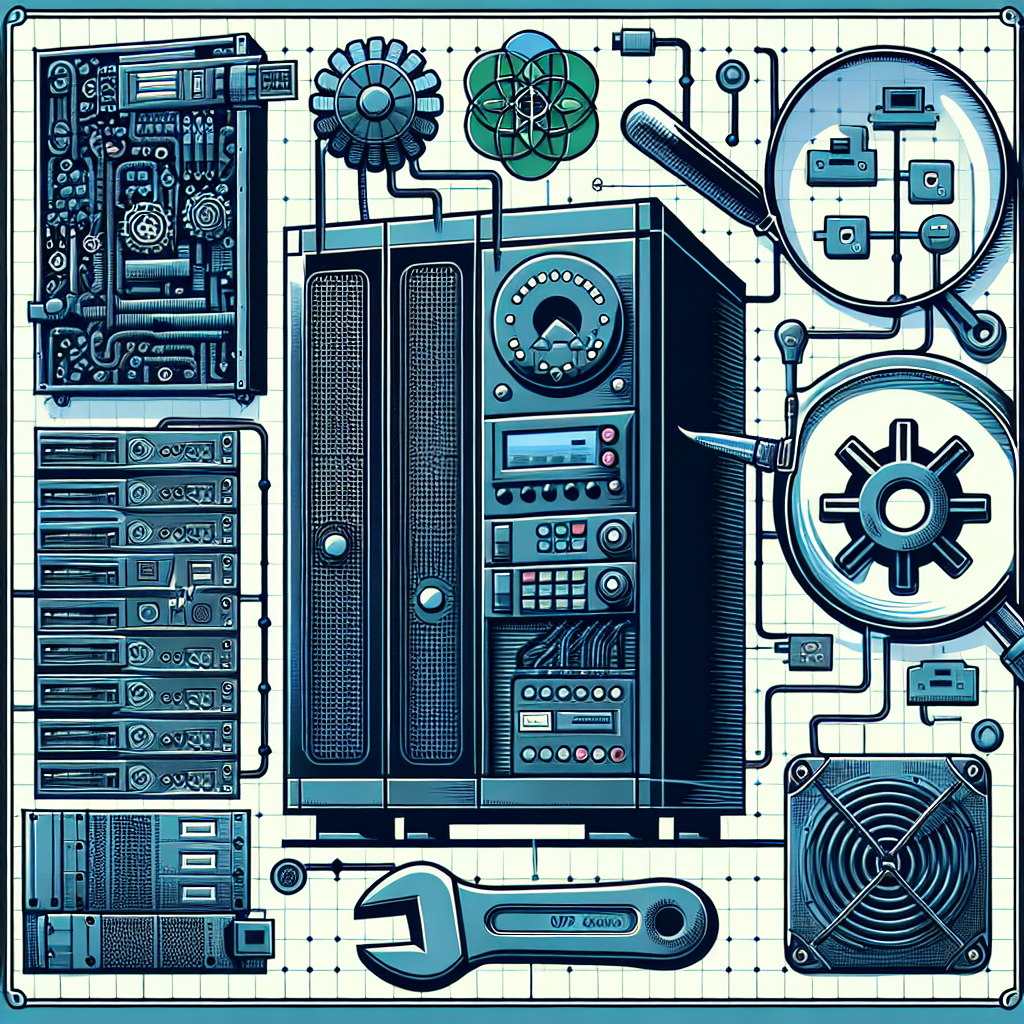Data center UPS (Uninterruptible Power Supply) solutions are crucial for ensuring the continuous operation of data centers and preventing costly downtime. With the increasing reliance on digital infrastructure, selecting and implementing the right UPS solution is more important than ever. Here are some key considerations to keep in mind when choosing and deploying a UPS solution for your data center:
1. Capacity and scalability: One of the first considerations when selecting a UPS solution is determining the capacity needed to support your data center’s load. It’s important to choose a UPS that can handle the power requirements of your equipment and allow for future growth. Scalability is also crucial, as your data center’s power needs may change over time.
2. Redundancy and reliability: Redundancy is essential for ensuring uptime in a data center environment. Look for UPS solutions that offer redundant components, such as hot-swappable batteries and modular design, to minimize the risk of downtime in case of component failure. Additionally, consider the reliability of the UPS system and its ability to provide seamless power protection.
3. Efficiency and energy savings: Data centers consume a significant amount of power, so it’s important to choose a UPS solution that is energy-efficient. Look for UPS systems with high efficiency ratings, such as those that meet Energy Star or other industry standards. Energy-efficient UPS systems can help reduce operational costs and minimize environmental impact.
4. Maintenance and serviceability: Regular maintenance is essential for ensuring the reliability and performance of a UPS system. Consider the ease of maintenance and serviceability when selecting a UPS solution. Look for features such as remote monitoring and diagnostics, easy access to components for maintenance, and proactive service offerings from the manufacturer.
5. Integration and compatibility: When deploying a UPS solution in a data center, compatibility with existing infrastructure is key. Make sure the UPS system can integrate seamlessly with your data center’s power distribution system, monitoring software, and other equipment. Compatibility with other power protection devices, such as generators and automatic transfer switches, is also important for a comprehensive power protection strategy.
6. Total cost of ownership: While upfront cost is an important consideration when selecting a UPS solution, it’s also essential to consider the total cost of ownership over the lifespan of the system. Look for UPS solutions that offer a good balance of upfront cost, efficiency, reliability, and maintenance costs to maximize value over time.
In conclusion, selecting and implementing a UPS solution for your data center requires careful consideration of capacity, redundancy, efficiency, maintenance, compatibility, and total cost of ownership. By keeping these key considerations in mind, you can choose a UPS solution that meets your data center’s power protection needs and ensures reliable operation.


Leave a Reply